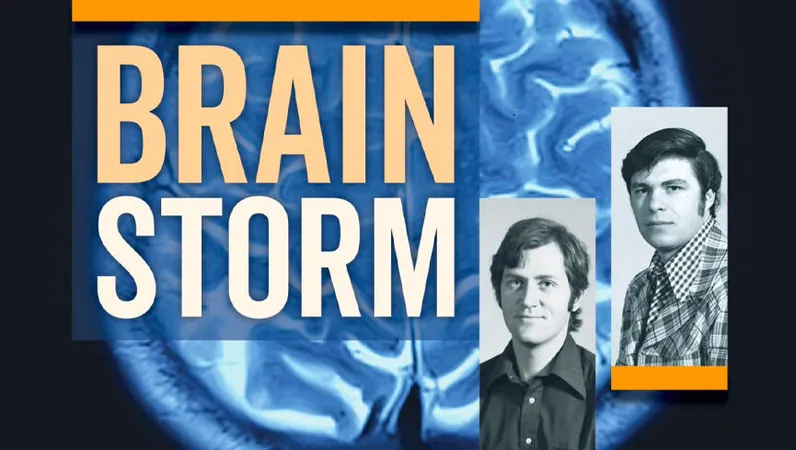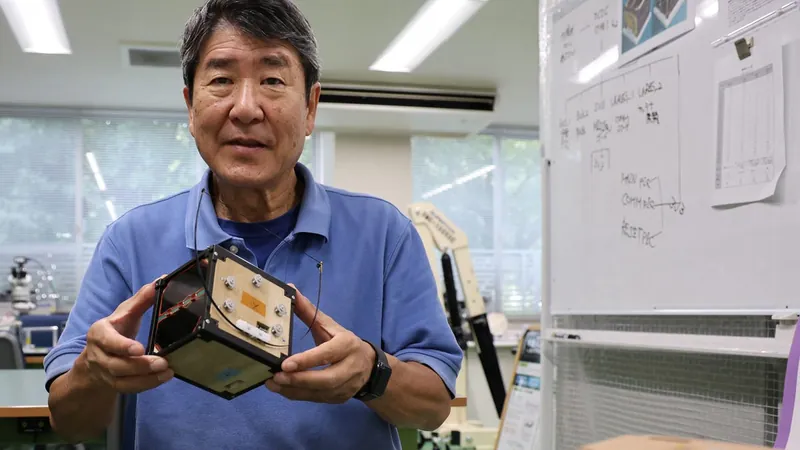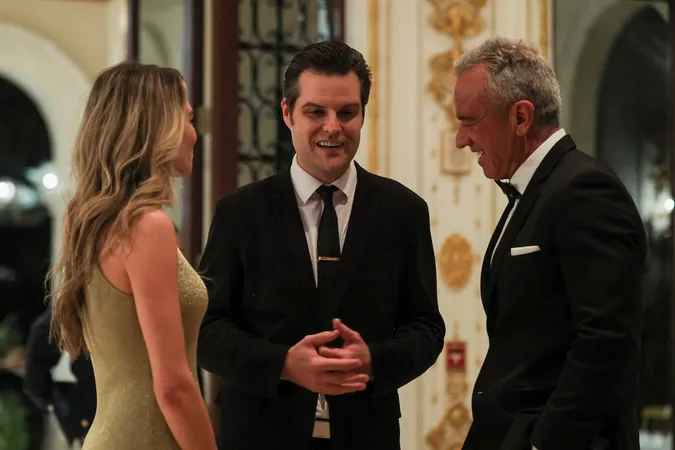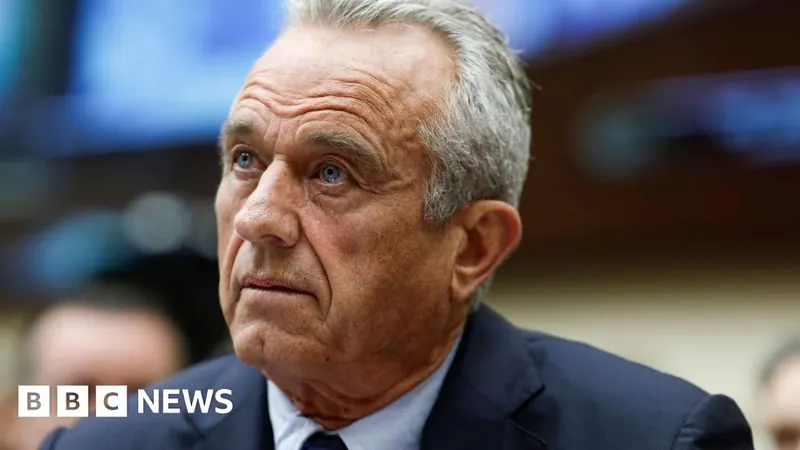
Brainstorm: The Untold Story of Revolutionary Advances in Neuroscience at the University of Lethbridge
2024-11-04
Author: Jacques
Introduction
A groundbreaking new documentary titled “Brainstorm” is set to shine a spotlight on the transformative work of University of Lethbridge professors Dr. Bryan Kolb and Dr. Ian Whishaw, whose research has dramatically altered our understanding of the brain. This compelling film is scheduled for release on TELUS TV in early 2025.
Director and Production Team
Directed by Dr. Jenna Bailey, an adjunct assistant professor at ULethbridge's Department of History and Religion, “Brainstorm” provides an insider's view of the innovations that these two pioneering neuroscientists have contributed to the field. Co-produced by Bailey and Dr. Edgar Bermudez Contreras, an adjunct at the Canadian Centre for Behavioural Neuroscience, and edited by Bryn Hewko, an assistant professor of new media, this 42-minute documentary promises to take viewers on a captivating journey through scientific inquiry and discovery.
Passion for Science
Dr. Bailey expressed her passion for the project, stating, “I made this film to showcase the groundbreaking work of two bold neuroscientists whose discoveries have not just transformed our understanding of the brain, but also advanced treatments for a range of brain disorders. Their research and mentorship of upcoming scientists highlight the profound impact of science in the real world.”
Impact on Neuroscience
The film delves into the founding and evolution of the Canadian Centre for Behavioural Neuroscience (CCBN), shedding light on the pivotal contributions of Kolb and Whishaw, as well as fellow academics like Dr. Robert Sutherland and Dr. Robbin Gibb. Their collective research has been instrumental in enhancing our understanding of various neurological conditions, including Parkinson’s disease, Alzheimer’s disease, strokes, and the critical aspects of early brain development.
Community Engagement
These important findings have not only broadened the scientific community's knowledge but have also led to the development of effective prevention strategies for brain disorders and innovative community programs aimed at improving brain health. Notable initiatives such as “Building Brains Together” and the “Early Years” program through the Martin Family Initiative are direct outcomes of their research, demonstrating a commitment to bettering community health based on scientific insights.
Conclusion
"Brainstorm" is produced with support from TELUS Storyhive, further emphasizing the documentary's mission to highlight the life-changing potential of neuroscience. As we await the film’s release, the stories of Dr. Kolb and Dr. Whishaw serve as a reminder of how relentless inquiry and innovation in science can illuminate the path toward a healthier future for all.









 Brasil (PT)
Brasil (PT)
 Canada (EN)
Canada (EN)
 Chile (ES)
Chile (ES)
 España (ES)
España (ES)
 France (FR)
France (FR)
 Hong Kong (EN)
Hong Kong (EN)
 Italia (IT)
Italia (IT)
 日本 (JA)
日本 (JA)
 Magyarország (HU)
Magyarország (HU)
 Norge (NO)
Norge (NO)
 Polska (PL)
Polska (PL)
 Schweiz (DE)
Schweiz (DE)
 Singapore (EN)
Singapore (EN)
 Sverige (SV)
Sverige (SV)
 Suomi (FI)
Suomi (FI)
 Türkiye (TR)
Türkiye (TR)